What to expect
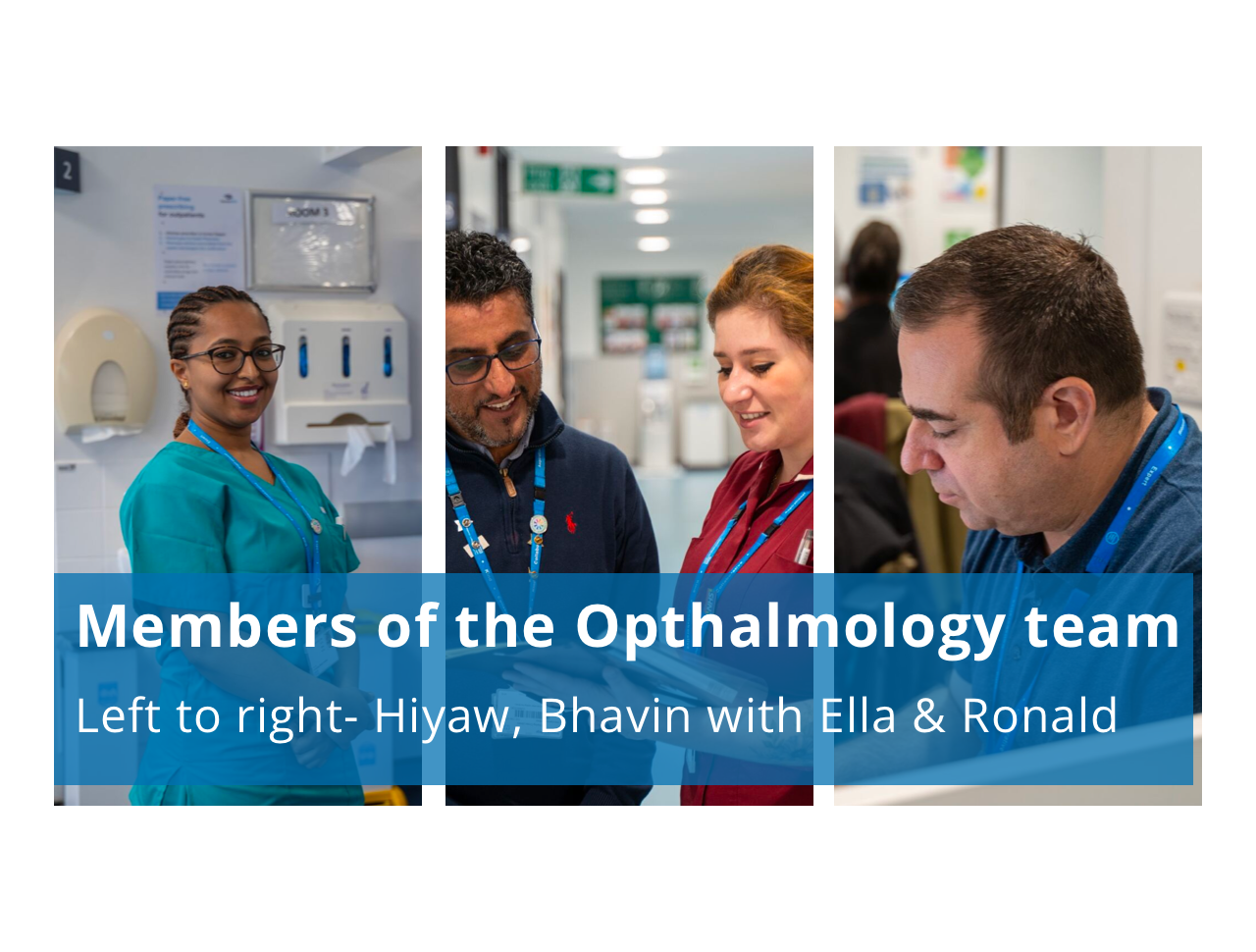
This page tells you about what to expect in the key stages of your appointment:
Before your appointment |
|
|
Changing or cancelling your appointment If you wish to cancel or rebook your appointment, please call 020 3312 3209. Please let us know as soon as possible. |
 |
|
Getting to your appointment Visit our getting to hospital webpage, for information on:
|
 |
|
Waiting for your appointment date We aim to see and treat all patients within 18 weeks of the referral. Please be aware waiting times can vary from 10 minutes to two to three hours depending on the number of staff we have and the demand on the service. Once called in, your appointment will take 10 to 15 minutes. |
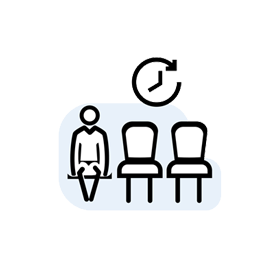 |
|
Bringing someone with you to your appointment You are welcome to bring a relative, close friend or carer to your appointment. |
 |
|
What to bring with you Please read your appointment letter to see if there is anything specific you need to bring to your appointment. Please also bring:
|
 |
|
If you are running late for your appointment If you arrive more than 10 minutes late for your appointment, we may not be able to see you. |
 |
During your appointment |
|
|
When you arrive at hospital When you arrive, please go to the reception desk. A member of our team will check you in. |
 |
|
Who you will see At your appointment, you will be seen by your consultant, another doctor or a nurse. |
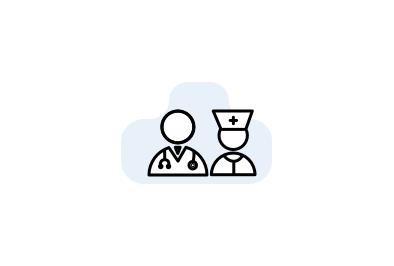 |
|
Consenting to treatment You must sign a consent form before conducting any treatment. We will provide you with information in the consent form and offer you a copy, and we will discuss the choices of treatment with you. If you change your mind at any stage, you are entitled to withdraw consent, even after signing. |
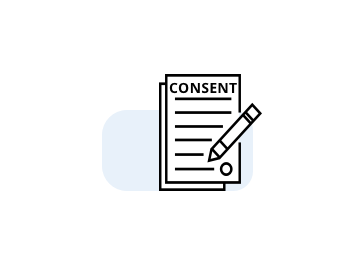 |
|
Procedures Tests are often required prior to seeing the doctor. These can include:
|
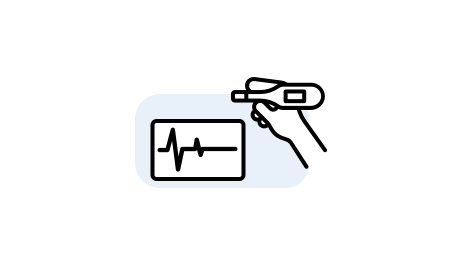 |
|
Privacy policy During your appointment, data is recorded about you on paper and electronically. We will need to collect personal information, contact information, health information, diagnoses, and other information which allows us to provide healthcare.
|
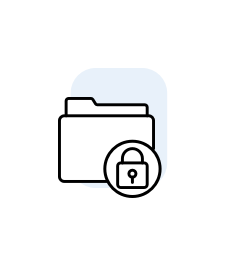 |
|
Free Wi-Fi will be available at your appointment. To connect, select ‘NHS Wi-Fi’ from the list of network names on your device. Read and accept the terms and conditions of use on the next screen, and then automatically join the network. |
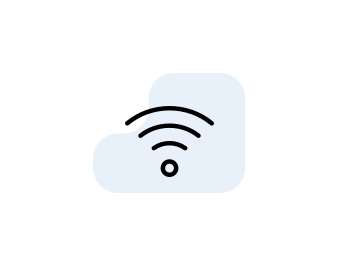 |
After your appointment |
|
|
Before leaving We encourage you to ask questions at your appointment. You and your healthcare professional will work together to make decisions about your care. Before you leave your appointment, please make sure that you understand:
|
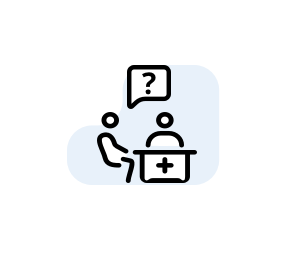 |
|
Prescriptions If you have been given an outpatient prescription at your hospital appointment, you will need to take it to the outpatient’s dispensary within the hospital. Prescriptions issued by our hospital clinics will usually provide a four weeks’ supply of medication. |
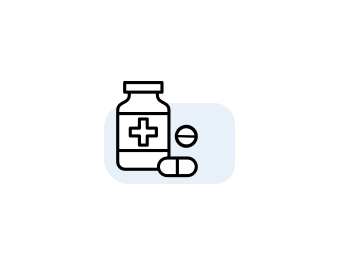 |
|
Booking a follow up appointment The next steps are different depending on what we are helping you with. Ask the clinician before you leave if you need to arrange a follow up.
|
 |
Further online resources
Information from NHS.uk
This is a great resource for in-depth information about common eye conditions and treatments. Please click below for relevant information
About this page
- Last updated
